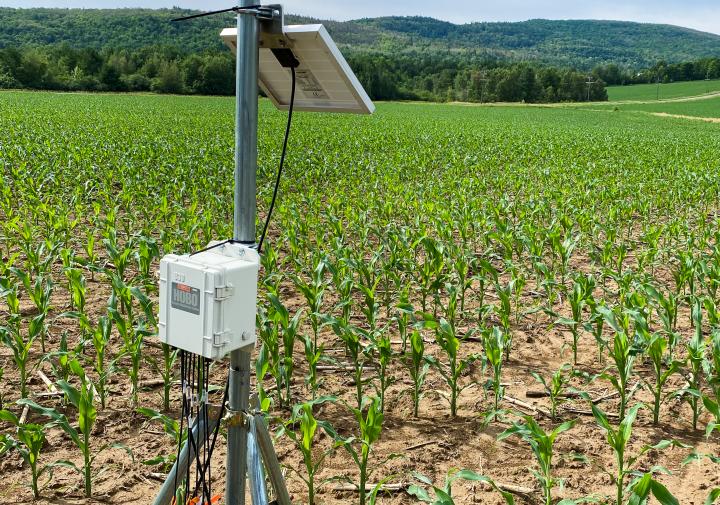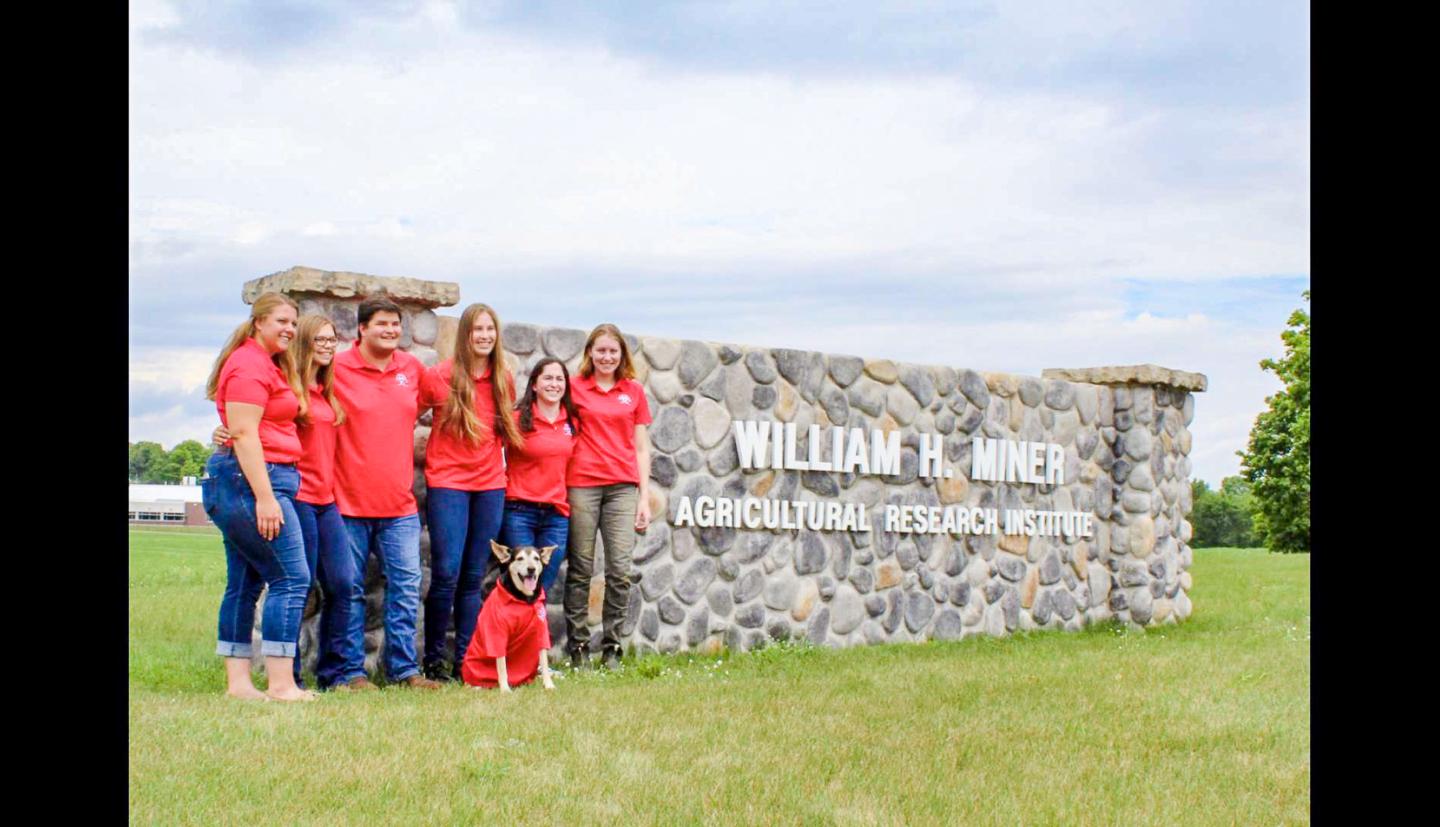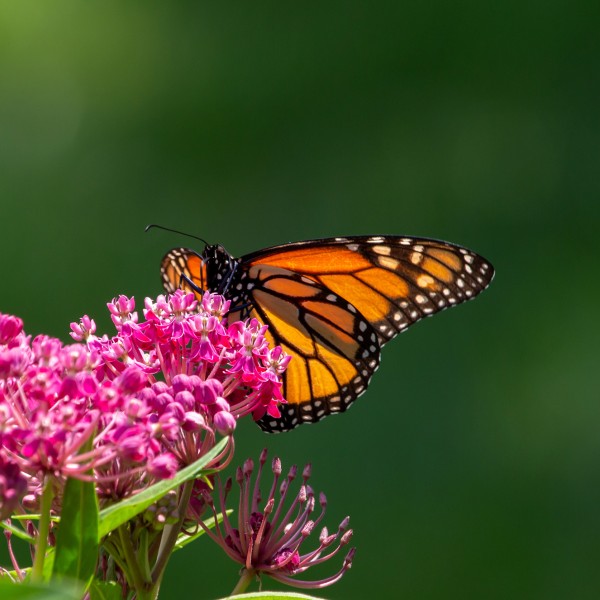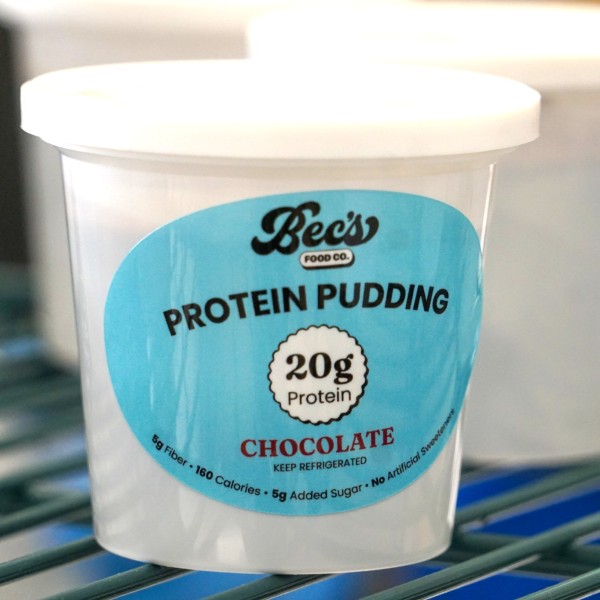Megan Lamb ’22, an agricultural sciences major, participated in a joint summer internship program between the Nutrient Management Spear Program (NMSP) and the William H. Miner Agricultural Research Institute.
Lamb’s internship was made possible with funding from the NMSP’s Dairy Sustainability Key Indicators Project run by Quirine Ketterings, professor of nutrient management and director of the NMSP in the Department of Animal Science in Cornell CALS.










